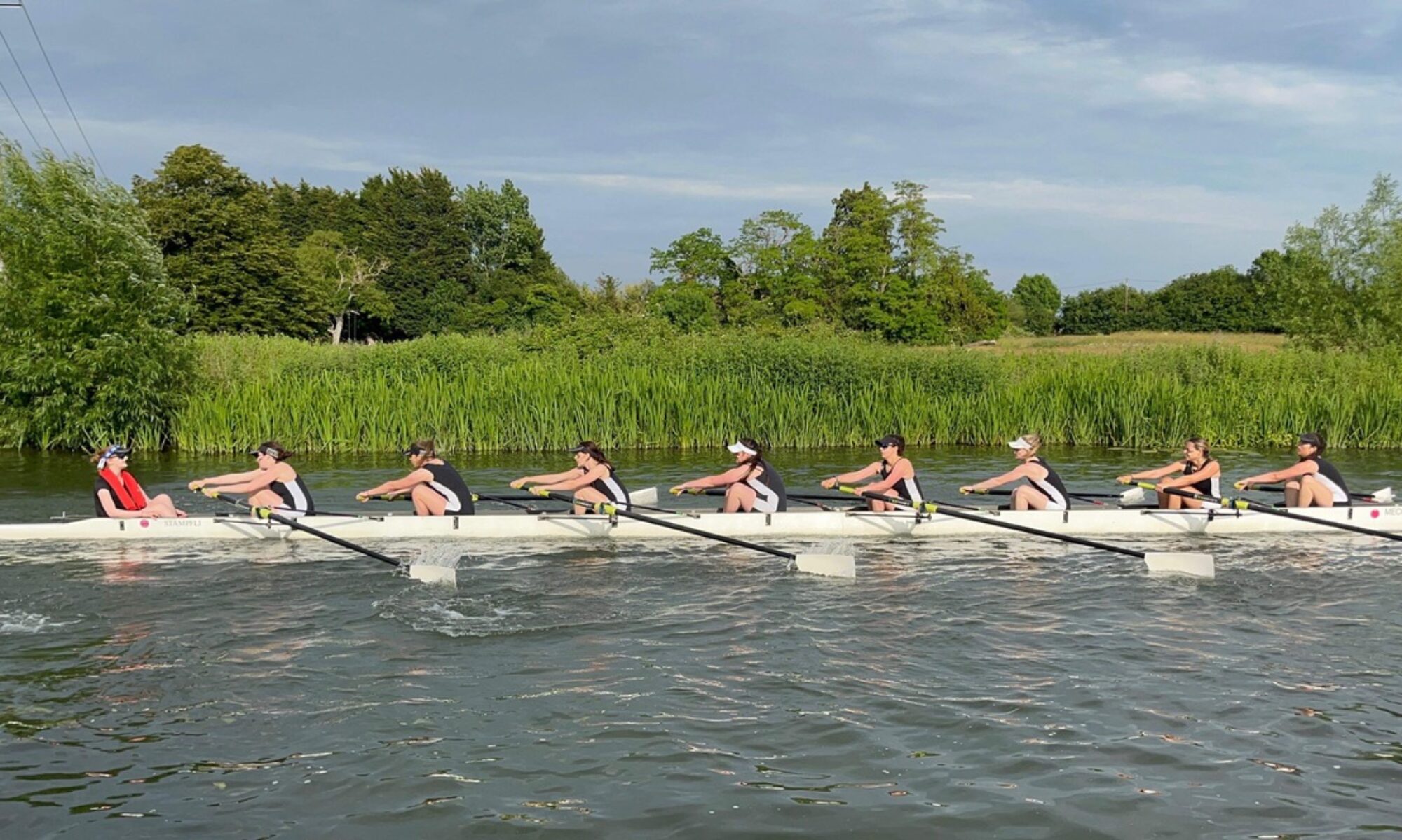We are always seeking enthusiastic coaches to help with our many crews, especially in Michaelmas Term with novice training. It is also a great opportunity for senior rowers to try their hand at coaching! If you are interested to try out coaching or even already have experience and are interested in helping to shape the next generation of MECBC rowers, please get in touch!
Coaching Ideas and Advice
For all coaches: as a novice coach, you are ultimately responsible for the safety of the crew and cox. If you are at all unsure of the weather conditions, the traffic or the preparedness of the crew, it is OK to decide not to let them row. You can also ask LBCs, senior coaches or committee members for advice.
For info on spinning zones, CUCBC flag, and rules of the river, see: https://www.cucbc.org/handbook/rules
SAFETY
- All rowers must have signed a safety agreement regarding swimming ability
- All novice crews must have a coach on the bank
- Check flag status before outing: https://www.cucbc.org/flag
- Quick check over the boat to make sure there is no damage/it is river worthy, and wipe down after use!
- Stay with boat and swim to bank in the event of capsizing
- Rowers must have the proper attire, and ideally access to drinking water
- In the event of injury check if the rower can continue, the may need to drop out and sit the boat whilst rowing home
- Must listen to cox
- Spinning only in spinning zones, unless necessary for safety reasons
- Incident reporting – report to the LBC
COACHING TIPS
- Make sure all the novices are wearing correct clothing and won’t be too cold/warm, have access to water etc.
- Discuss importance of listening to cox and responding straight away, and being coordinated(especially when spinning)
- Safety talk (see above)
- Commands and equipment (see commands/terms guide)
- Warm up/stretch before erging or an outing.
- Use the erg to help coach technique and as land training – build up the stroke (backstop builds are useful)
- Focus on one thing at a time
- Explain what you’re going to focus on today and why
- Coach when they have stopped – will not be able to do and listen at the same time!
- Swap them around to have a chance at bow and stroke
- Discuss at the end – what do you need to work on, what did they do well!
- Give encouragement throughout
FIRST OUTING ADVICE
- Bank tub may be used to give novices some experience on the water
- Outings should not be before Lighting Down or after Lighting Up, or before 7.30am (for novices) – whichever is later
- Assign positions and ensure rowers are aware of the different Bow and stroke positions – ideally match up heights in pairs
- Go over blades and how to attach them properly (when on the water), including doing up gates on riggers
- Getting the boat out and commands, eg hands on (cox can help with this), how to carry boat properly ie on shoulders, splitting (bow and stroke sides carry the boat on opposite sides to their riggers)
- Getting in and out of the boat properly (cox helps to hold boat, bank side hold the boat steady for the river side, stand on decking not hull when getting in) – including parking i.e. lifting blades onto the bank
- How to avoid hitting moored boats and other boats – bringing blade in, ‘watch your blades’
- Go over the stroke technique again, as well as balancing and sitting the boat – row in IVs until comfortable in VIs
- Paddle down to Jesus Lock and back, practicing commands and getting used to being in the water
- Initial goal is balance and getting the initial idea of the stroke on the water – talk about handle heights and coordinating the stroke, watch pony tail in front. Don’t worry about feathering yet, keep it square. Tapping to balance and get coordinated may be useful.
LATER OUTINGS
- Reiterate stroke technique
- Introduce more about drive and posture and grip etc. Iron out creases
- Later, when ready, introduce feathering and more people rowing at once. MUST get balance prepared and make sure they can listen to commands and perform them quickly and in a coordinated manner
